As a participant at the Open Belgium event, you have likely heard countless stories of how open data has stimulated the creation of applications and helped cities become more transparent towards their citizens. But if these were the only reasons to open data, the movement would not have evolved to where it is today. During this talk, we will share the stories you haven’t heard about some of the other main benefits of beginning an open data initiative, especially how to build a data culture within to successfully take part in the open movement.
Largely undocumented, some other benefits of open data include:
- Closer collaboration between different departments of a city;
- Ownership over the subject of data governance via open data: a team leader and a hub of well-identified data;
- The acceleration of data-sharing of general-interest data, those data concerning public utilities like transportation and energy.
In general, the creation of a data-oriented culture within an organization can be one of the most time-consuming and long-term processes involved in creating the right conditions for ‘open.’ Yet, investing in creating this culture can be one of the most essential steps towards a successful initiative. In this session, we will share stories about how our users have come together around their data for more closer collaboration, including the creation of policies to automate data publishing, setting up structures internally to clarify an open data ambassador, and how this person has been able to advocate for more openness amongst city departments. Our goal is to help provide insights into how your organization can adopt and adapt some of these strategies to your own unique situation.
Some success stories we will share with you will come from customers across sectors: local government and private companies alike have seen this successful transition. Starting with the Métropole Européenne de Lille (MEL), we will discuss how the ‘Open’ culture has steered the growth of a portal shared by the collectivities within the Lille Metropolitan area, and has even seen participation by private actors involved in city-making, such as the local transportation and energy providers. This has also included a collaboration to improve the traffic flow in the city thanks to a data exchange with traffic app Waze. We will also discuss the successful collaboration between Enedis and the city of Nantes in creating an energy lab for the commune, seeing the growth of energy startups and energy savings. These two major stories will be accompanied by other smaller examples of how a well-developed open culture has led to more collaboration between departments to enrich datasets, correct data, and publish more data for the benefit of the greater community.
The common aspect of these stories and the many others that will be shared is that they have led to more efficient data publishing processes, more complete datasets, and overall more effective use of data. As stated by Emmanuel Weisenburger from the French Ministry of Higher Education and Research, “open data is an opportunity to work better as a team and to better circulate information within an organization.”
The stories show how the more evolved a data culture is, the more likely data are to be meaningful and impactful for the governments they serve. They have been used for governance challenges like mobility and energy in a collaborative, cross-departmental manner. The challenge is getting to this culture. Rather than focusing just on the successes of an open culture, we will talk more about getting to this point. We hope that our talk will inspire new ideas and lead to new strategies in your own community.



Share